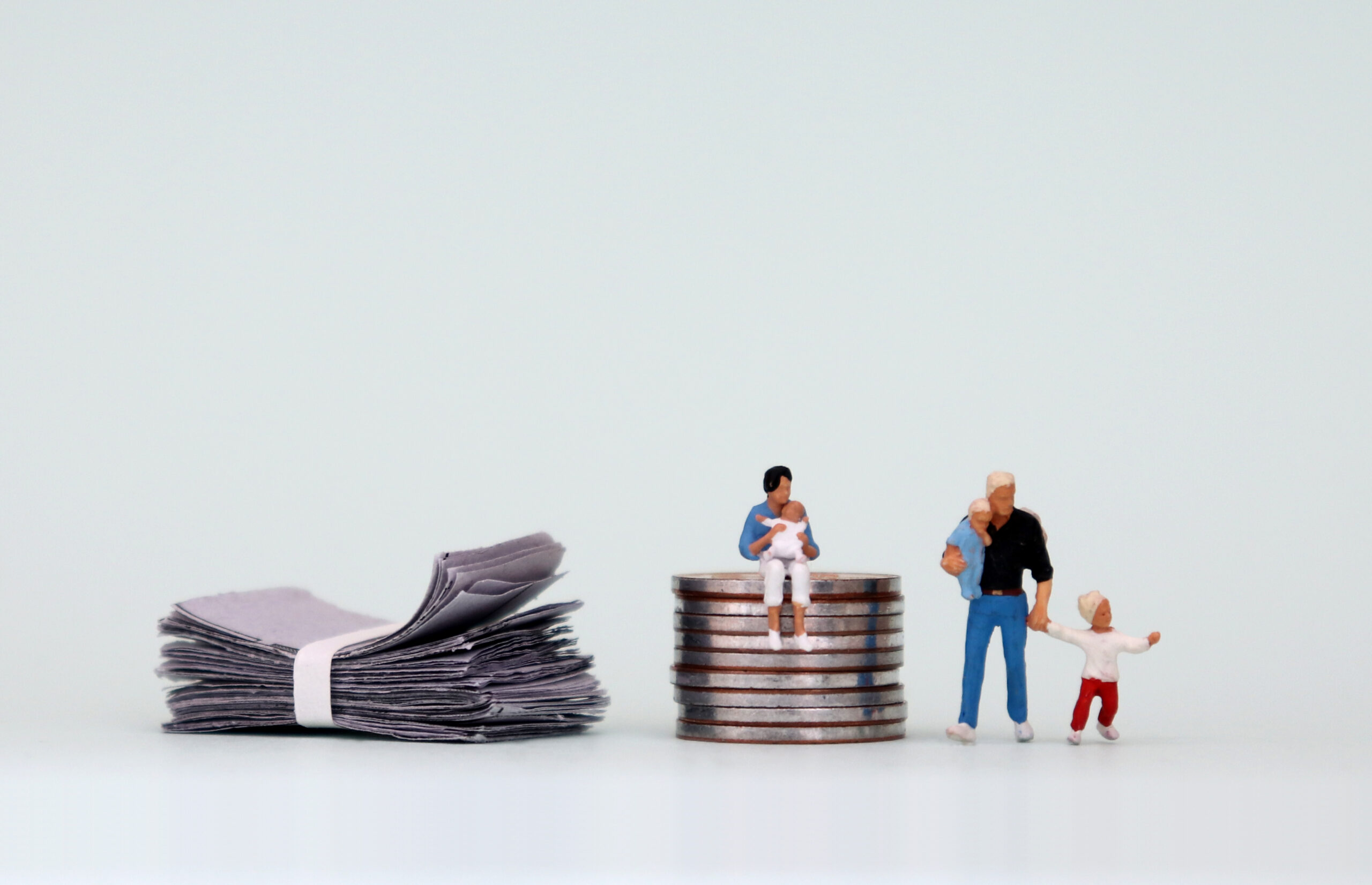Partner content
Birth, tax, pensions: what does it mean to be freelance in NL?

There’s a lot of talk about freelance workers in the Netherlands – whether the country has too many of them, what happens when they get sick or they need to draw a pension.
But if you are a freelancer, what does it mean for your social security rights, your working life, your old age and your tax bill? According to a Blue Umbrella expert, there is one key message for ZZPers (zelfstandigen zonder personeel): you are on your own.
According to the CBS Dutch statistics office, in 2021 there were 1.1 million freelancers in the Netherlands – about one in eight of the working population. The group has been increasing in the last decade and some people, such as the Dutch tax office, are worried that employers employ people who are really core staff as freelance because this is cheaper for them.
But if you are the freelancer yourself, Blue Umbrella tax advisor points out, you are actually quite exposed to changes in the jobs market and in your own life. “When things are going well, it’s important to build up a buffer,” says a tax advisor. “You should put some revenue aside for your taxes, some for your daily life, and some for less good times. That’s what entrepreneurs have to do because you are on your own: that’s the main message.”
Who is a freelancer
In order to qualify for the rights and tax credits of an entrepreneur in the Netherlands, you also have to fulfil certain conditions.
Concerned about ‘sham’ self employment, the Belastingdienst tax office has a list of conditions that you need to fulfil, including that you work for multiple clients, do at least 1,225 hours a year and that what you do as a sole trader is your main business. You’ll need to be registered with your Chamber of Commerce and you will probably need to pay VAT quarterly, unless your earnings are low or your profession is exempt.
In return, you will qualify for a tax credit (zelfstandigenaftrek), which is gradually being decreased and is worth €5,030 in 2023. There is also a tax credit (startersaftrek) of €2,123 a year that you can use in three years of your first five in business to offset starting costs. “Make sure that you don’t have one contract with multiple clients, but that you have multiple contracts,” advises Blue Umbrella. “Otherwise you will be seen as an employee who isn’t on the payroll and you won’t be eligible for the tax credits.”
Parental leave and sickness
Times when you’d normally rely on your employer for support might be if you have a child or if you are sick. You need to look carefully at your rights if you are a freelancer.
You do have the right to some maternity leave – 16 weeks during and after your pregnancy (the ZEZ rule) – but your rights depend on how long you have lived and worked in the Netherlands. If you have in the year before your pregnancy worked for at least 1,225 hours as a freelance, you have the right to the minimum wage level pay out from the state at most. You can find out more about your own situation on the UWV social security site.
Sickness is another kettle of fish: unless you have your own insurance or are a member of something like a broodfonds collective, you won’t get sick pay if you are ill. “It is possible to get an insurance policy, but it can be very expensive,” said the Blue Umbrella adviser. “They typically pay out after three months if you are long-term sick. This is why it’s best to have savings.”
Government proposals intend to make some kind of disability insurance plan obligatory for freelancers to cover a minimum wage in case of sickness, from 2027 – although some freelance organisations are opposed due to the cost of premiums which would be around 8% of your income.
There may be obligations to build a pension too. If you are a foreign freelancer, your state pension will depend on how long you have lived and worked in the Netherlands so you are unlikely to get full rights.
Deductions
You should also think about managing your business costs if you are freelance. Research carefully whether you should have a business vehicle – which should not be used privately – or pay yourself an allowance for your travel.
“You can deduct 21 cents per kilometre, whether you walk or take public transport or cycle,” points out the Blue Umbrella expert. “This is often the easiest and most beneficial way to deduct a travel allowance.”
Also worth noting: you might work from home but in the Netherlands you do not get a home office allowance and you cannot deduct (part of) your energy bill. Food for yourself is also not deductible, unless you are taking out a client – when typically you can claim around 80% of the cost.
It’s worth getting an adviser to check that you are making the most of the rules around freelancing…and if you are in search of more security, look for a job!
For cost-efficient advice and tax accounting contact Blue Umbrella
Thank you for donating to DutchNews.nl.
We could not provide the Dutch News service, and keep it free of charge, without the generous support of our readers. Your donations allow us to report on issues you tell us matter, and provide you with a summary of the most important Dutch news each day.
Make a donation